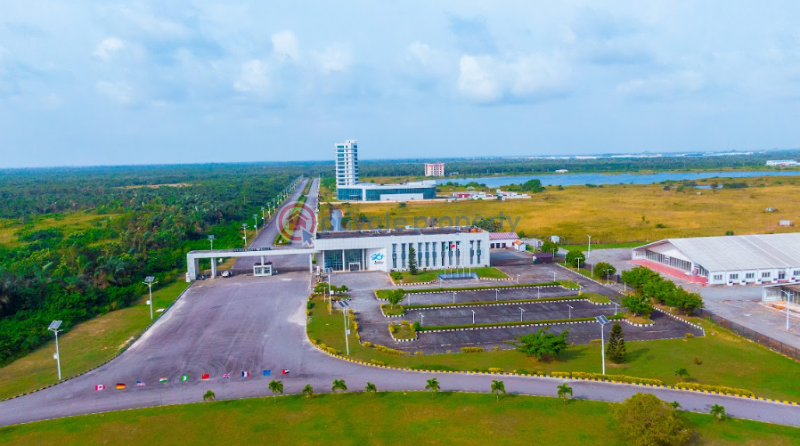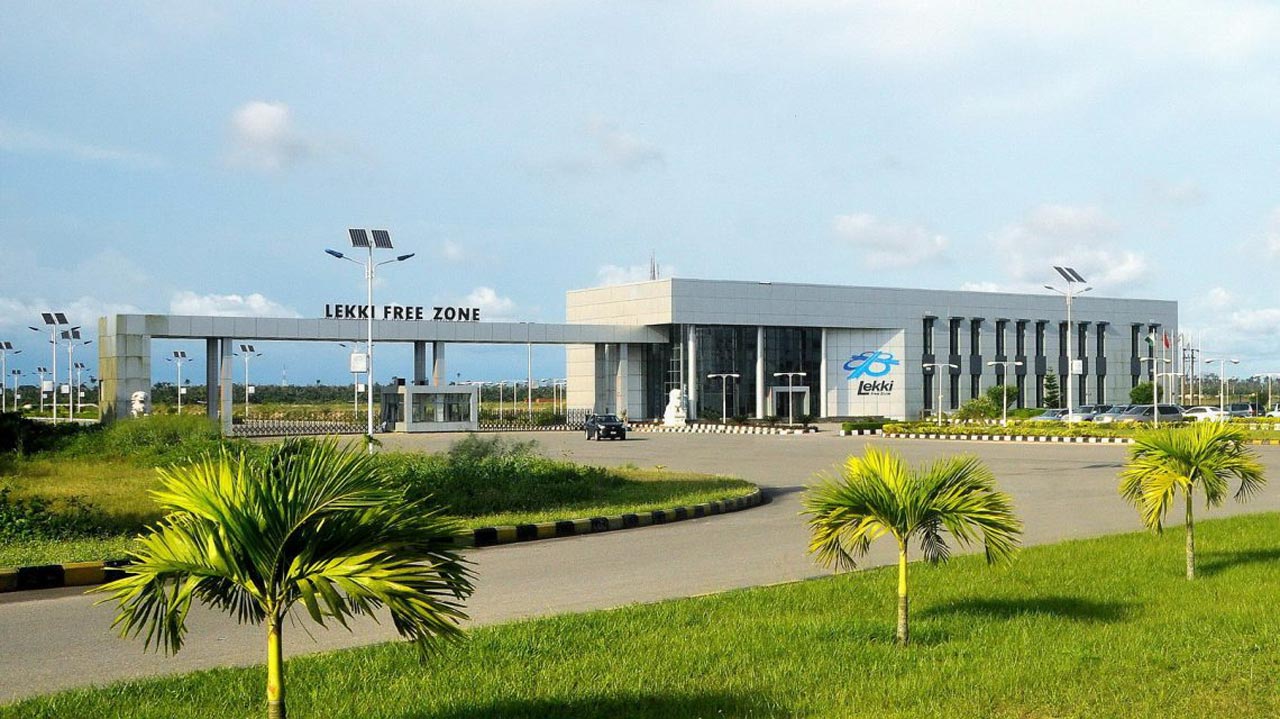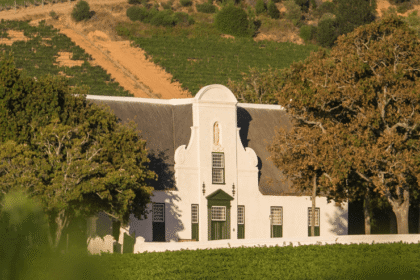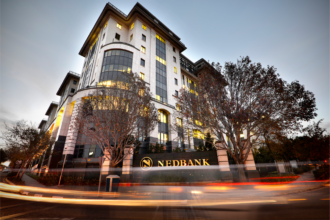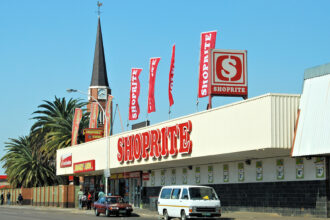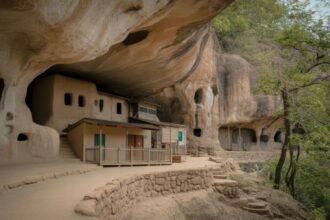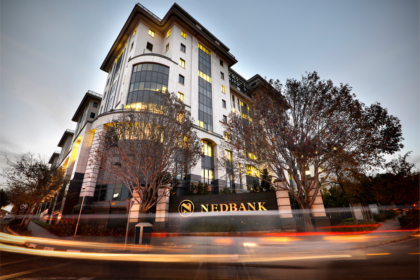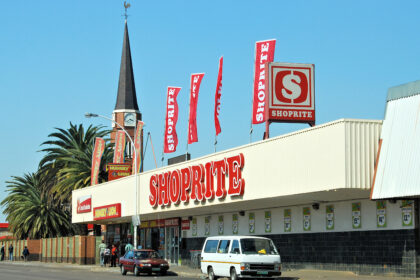At a Glance
- Lekki Deep Sea Port boosts trade efficiency, linking Africa directly to Asia and Europe.
- Dangote Refinery meets Nigeria’s fuel needs while powering regional exports and investment.
- New manufacturing zones and housing developments will drive GDP and job creation significantly.
A new era of industrialization and commerce is unfolding on the southeastern shores of Lagos, Nigeria, known as the Lekki free trade zone.
Spanning a vast 16,500 hectares—over 16 times the size of Eko Atlantic City—the Lekki Free Trade Zone (LFTZ) has emerged as West Africa’s most ambitious economic enclave, blending manufacturing, petrochemicals, logistics, and maritime infrastructure into a single integrated hub.
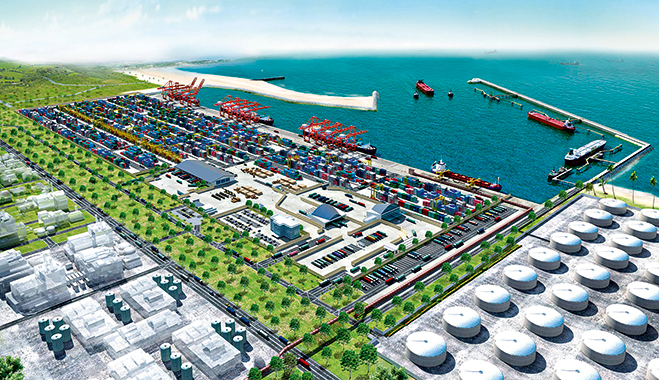
A vision of scale and integration
Strategically set in Ibeju-Lekki, the Lekki Free Trade Zone is Nigeria’s bold push to diversify beyond oil. Conceived in the early 2000s as a public-private partnership with Chinese investors, the zone is designed to drive industrialization, regional trade, and foreign investment.
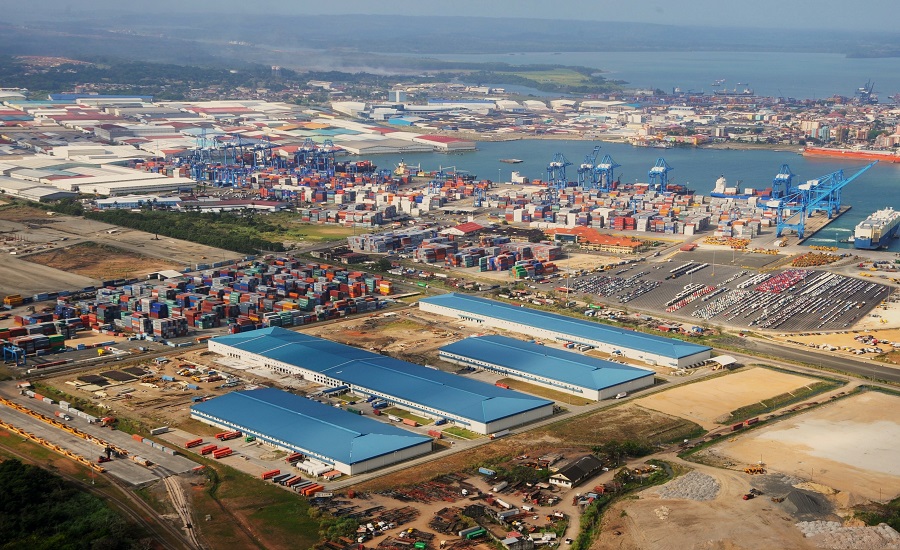
Today, it forms a vast industrial city comprising the Lagos Free Zone, managed by Tolaram Group and home to global manufacturing and logistics; the Lekki Free Zone Joint Venture, a Chinese-backed hub for light industry; the Dangote Industries Zone, which hosts Africa’s largest oil refinery with a 650,000-barrel daily capacity; and Lekki Worldwide Investments Ltd, overseeing development across the area.
This massive complex dwarfs Eko Atlantic and Victoria Island, positioning Lagos as an emerging rival to Dubai and Singapore in industrial scale.
A deep-sea port redefining maritime trade
At the heart of the zone lies the Lekki Deep Sea Port, occupying 90 hectares—10 hectares larger than the legacy Apapa Port. Completed in 2023, the port is Nigeria’s first fully automated deep-water port, capable of handling over 1.2 million twenty-foot equivalent units (TEUs) annually.
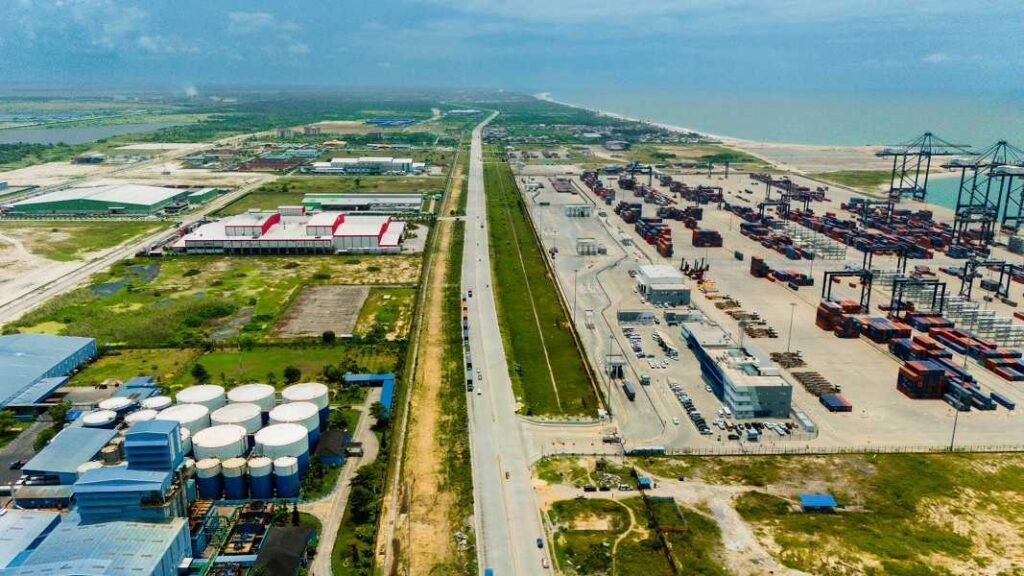
Shore Africa also unveiled that its modern berths, digitized cargo operations, and expansive container yards promise to ease chronic congestion in Lagos ports and elevate Nigeria’s competitiveness as a maritime gateway.
For businesses, this means unprecedented logistical advantages, with direct shipping routes connecting Africa to Asia, Europe, and the Americas.
Industrial powerhouse: Home to Africa’s largest refinery
Perhaps no project better symbolizes the scale of Lekki’s transformation than the Dangote Refinery. Encompassing 2,635 hectares within the zone, it is expected to meet Nigeria’s entire domestic fuel demand and generate surplus for export across West Africa.
Adjacent petrochemical plants, fertilizer facilities, and supporting tank farms create a vertically integrated energy ecosystem unmatched on the continent.
Beyond oil: Manufacturing, logistics, and urban development
While energy dominates headlines, the Lekki Free Trade Zone is also fast becoming a magnet for diverse industries.
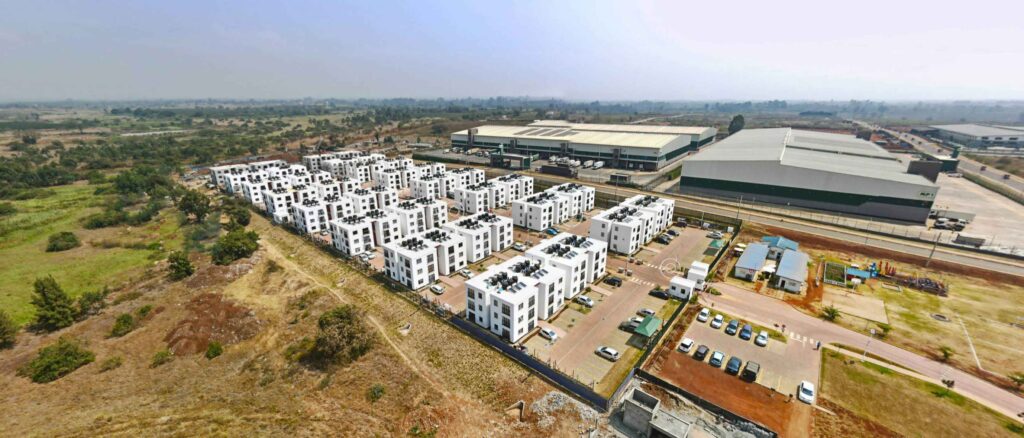
Fast-moving consumer goods manufacturers such as Kellogg and Colgate-Palmolive already operate within the Lagos Free Zone, alongside warehousing and cold storage facilities that support regional trade flows.
Planned residential and commercial developments are set to transform the area into a self-sustaining urban district. Combined, these investments are expected to contribute over 3% to Nigeria’s GDP and create hundreds of thousands of jobs in the coming decades.
A catalyst for economic renewal
For Lagos State, the LFTZ represents more than an industrial complex—it is an audacious statement about the future of Africa’s largest city.
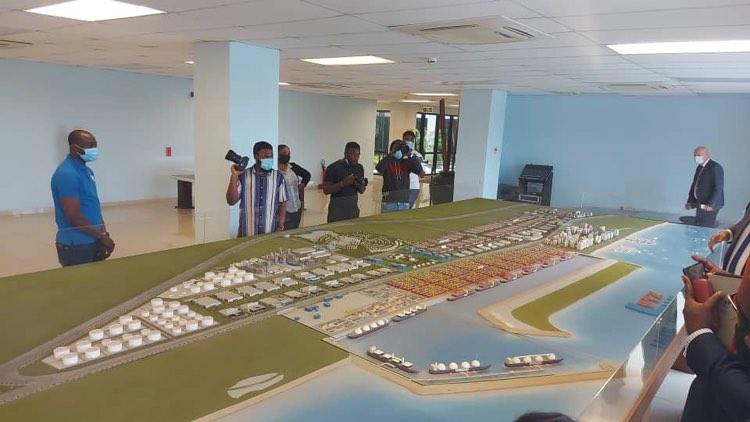
With road and rail linkages to the Lekki-Epe Expressway and future connections to the Lagos-Ibadan railway, the zone is engineered to be a seamless conduit for goods, services, and people.
Its scale, diversity, and infrastructure position Lekki Free Trade Zone as a bellwether for Nigeria’s aspirations to become a top investment destination.
As global supply chains shift to new markets, Lekki stands poised to redefine Nigeria’s role as a gateway to Africa. With its combination of world-class facilities, strategic vision, and unprecedented scale, it sets a new benchmark for industrial transformation on the continent.
